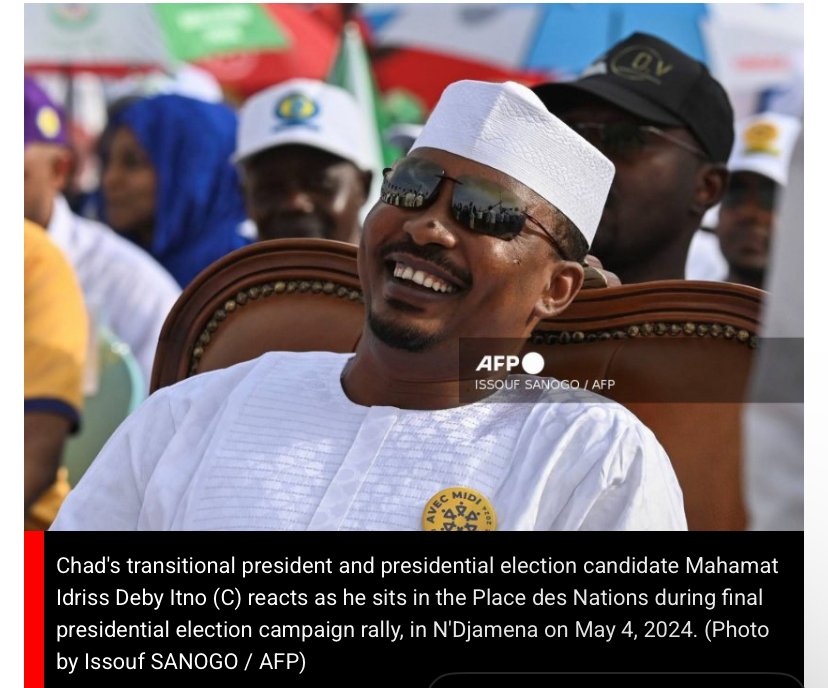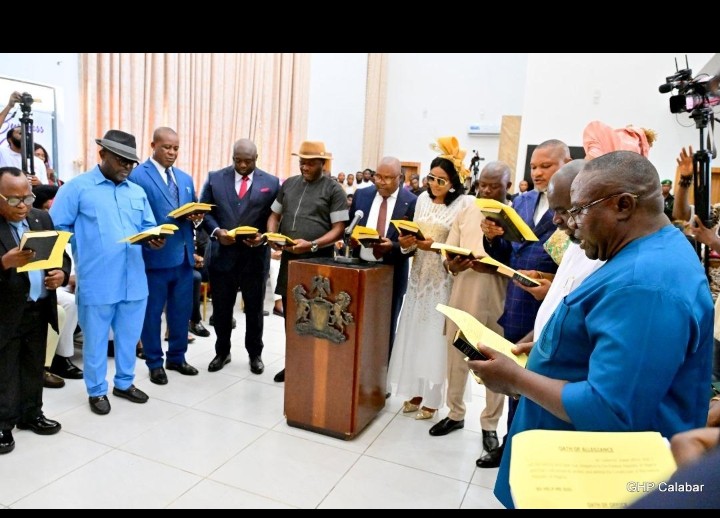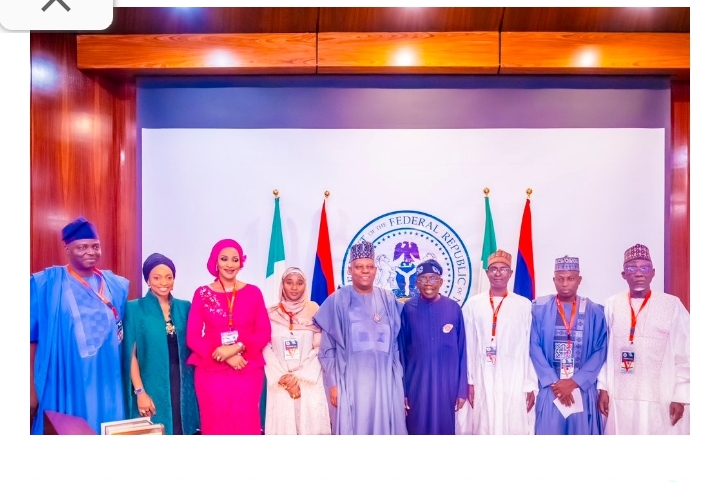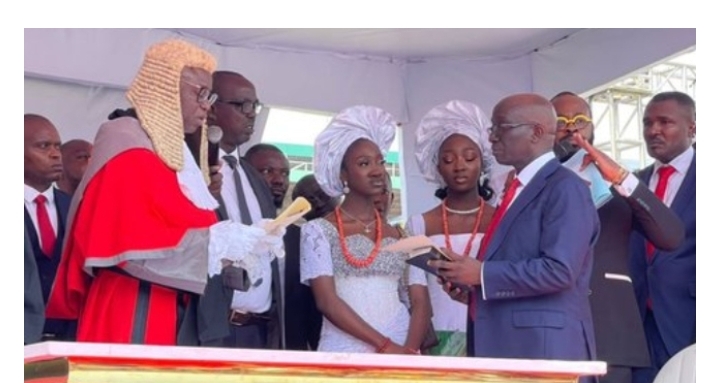Chad’s Parliament Approves Extended Presidential Terms: A Step Towards Consolidation of Power?
Chad’s parliament has made a significant move to extend presidential terms from five to seven years, with no limits on re-election. This amendment, backed by 236 out of 257 members, effectively consolidates power in the hands of the president. The vote was met with opposition from the National Rally of Chadian Democrats-The Awakening (RNDT), who walked out of the chamber, labeling the amendment “unconstitutional and authoritarian”.
President Mahamat Idriss Deby Itno, who came to power in 2021 after his father’s death, had promised a transition to democracy. However, the recent constitutional revision raises questions about the country’s commitment to democratic principles. Deby was elected president in May 2024, but international observers questioned the credibility of the voting process.
The new seven-year term will only take effect at the next presidential election, paving the way for President Deby to potentially stay in power until 2034.
The removal of term limits allows the president to seek re-election indefinitely, concentrating power and undermining checks on authority.
The opposition’s walkout and criticism of the amendment as “unconstitutional and authoritarian” highlight concerns about Chad’s democratic future.
The amendment’s impact on Chad’s politics and its people remains to be seen. As the country navigates its democratic journey, the role of parliament and the balance of power will be crucial in shaping its future .







